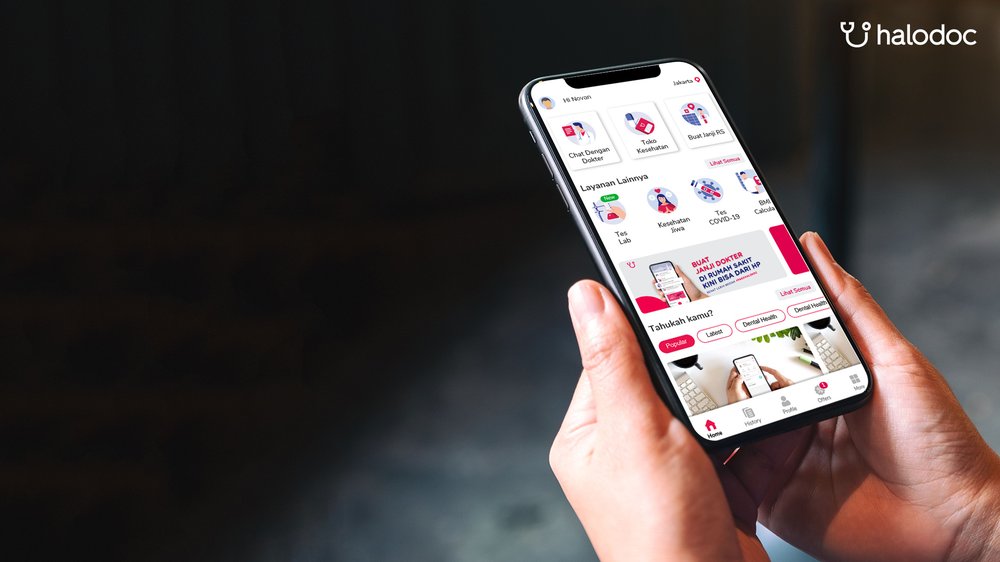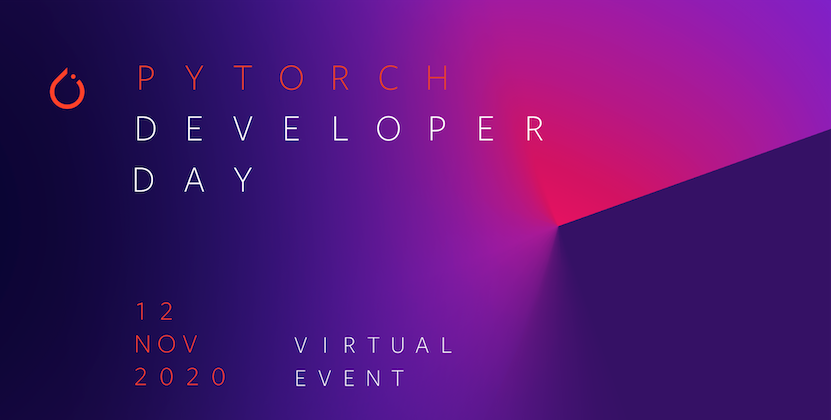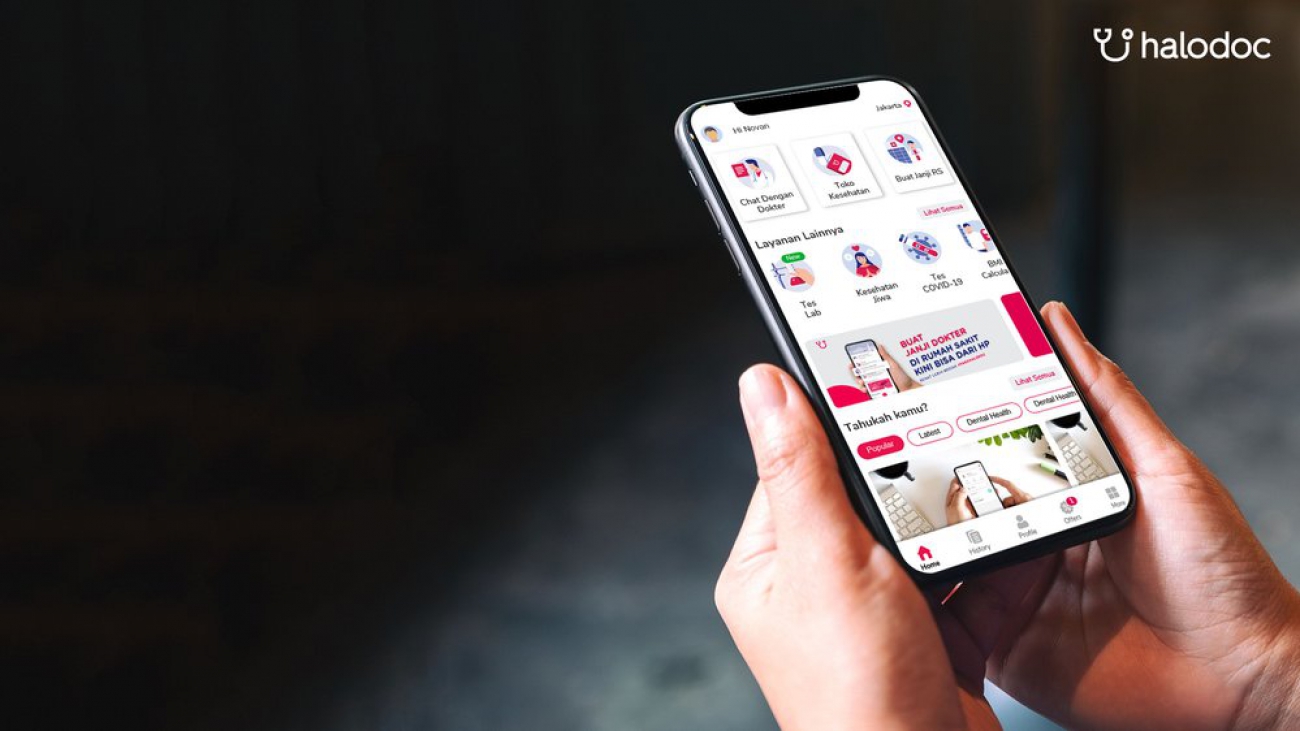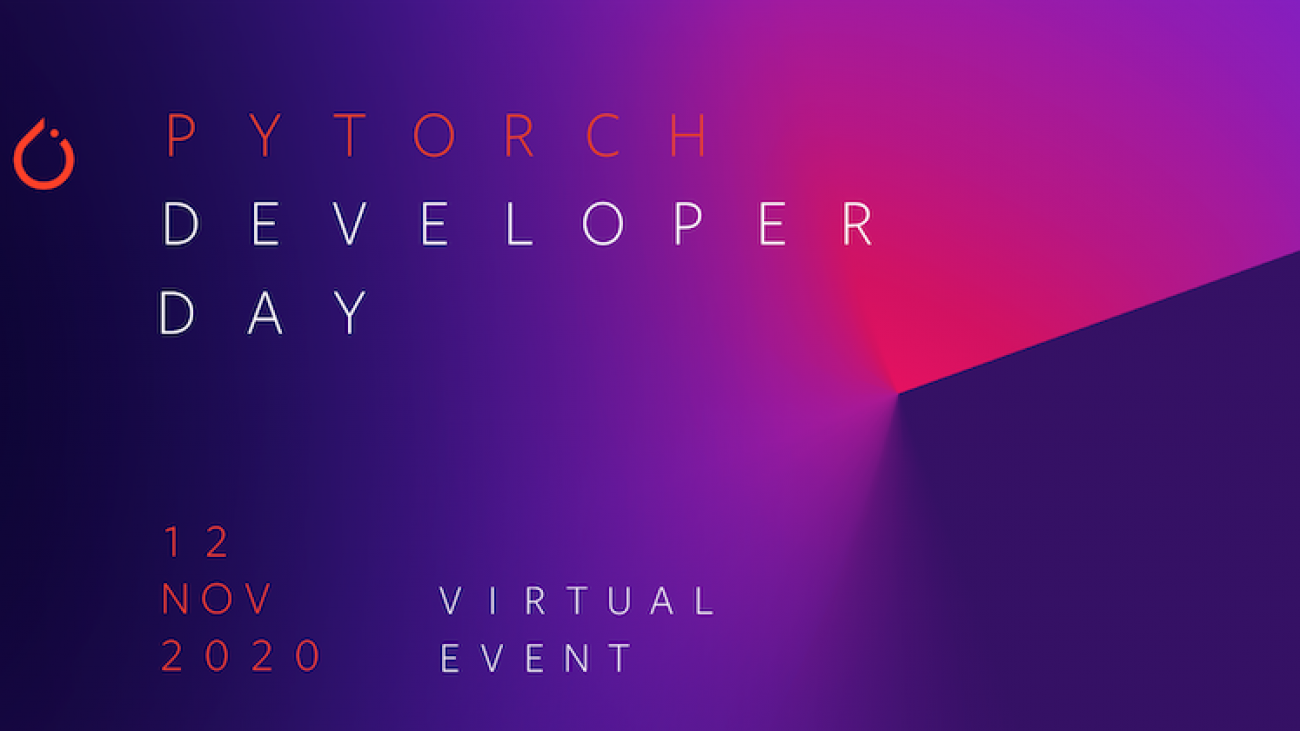Navigation, perception, simulation — three key components to giving Amazon Scout true independence.Read More
Halodoc uses AI to improve how doctors receive feedback
Due to Indonesia’s vast size and population, timely and reliable access to healthcare can sometimes be a challenge. Halodoc aims to change that with a mobile first-telemedicine platform that connects Indonesians to doctors and helps them arrange appointments, medicine deliveries and tests.
What’s distinctive about the Halodoc platform is that it draws on human-centered artificial intelligence: a promising new area of research that uses continuous human feedback to improve how AI systems work, and provides a better experience for the people who rely on those systems.
With support from Google’s Late Stage Accelerator, a program that assists high-potential startups, we assembled a team of doctors, data scientists, engineers, product managers and researchers to determine how technology could support Indonesian doctors’ work. One particular approach the team identified was using AI to replicate the mentoring and feedback that junior doctors receive from more experienced colleagues in hospitals—a process that’s important to improving quality of care, but is hard to reproduce on a larger scale.
We set out to create an easy way to provide feedback in virtual health, and worked with Google’s machine learning experts in the Late-Stage Accelerator to determine the best approach. With Google’s guidance, Halodoc’s engineers applied Natural Language Processing in Bahasa Indonesia to measure, rank, and provide insights that can inform doctors’ decisions across the country—using thousands of consultations to train their machine learning models.
When doctors open the Halodoc app, they see information on how they performed based on their response time and quality index metrics, along with suggested actions on how they can improve their consultation quality. They also have the option of receiving further feedback and coaching from more senior doctors if needed.
Right now, more than five percent of Indonesians use Halodoc’s platform. As a result of applying AI principles to improve the quality of care that patients experience, our app ratings have increased from 4.5 to 4.8 stars in fewer than six months, while our overall doctor scores have improved by 64 percent.

Halodoc’s telemedicine app enables doctors to deliver personalized feedback with assistance from ML-enabled insights that improve patient care.
From here, with Google’s help, we hope to continue simplifying Indonesia’s healthcare infrastructure and advance the application of AI in healthcare globally.
Announcing PyTorch Developer Day 2020
Starting this year, we plan to host two separate events for PyTorch: one for developers and users to discuss core technical development, ideas and roadmaps called “Developer Day”, and another for the PyTorch ecosystem and industry communities to showcase their work and discover opportunities to collaborate called “Ecosystem Day” (scheduled for early 2021).

The PyTorch Developer Day (#PTD2) is kicking off on November 12, 2020, 8AM PST with a full day of technical talks on a variety of topics, including updates to the core framework, new tools and libraries to support development across a variety of domains. You’ll also see talks covering the latest research around systems and tooling in ML.
For Developer Day, we have an online networking event limited to people composed of PyTorch maintainers and contributors, long-time stakeholders and experts in areas relevant to PyTorch’s future. Conversations from the networking event will strongly shape the future of PyTorch. Hence, invitations are required to attend the networking event.
All talks will be livestreamed and available to the public.
Visit https://pytorchdeveloperday.fbreg.com/ to learn more. We look forward to welcoming you to PyTorch Developer Day on November 12th!
Thank you,
The PyTorch team


